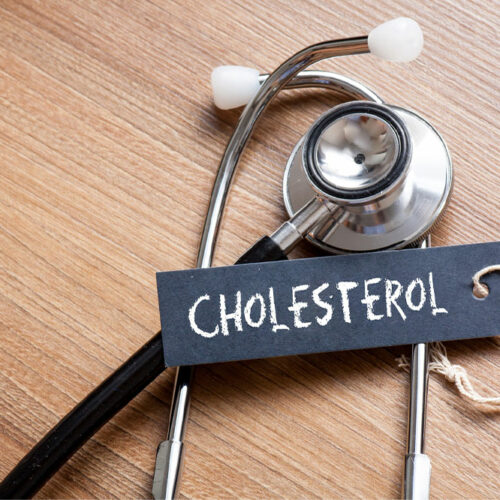5 early signs of increasing cholesterol levels

The impact of high cholesterol on cardiovascular health cannot be underestimated. As an invisible threat, it often goes unnoticed until complications arise. However, with early detection and intervention, individuals can manage their cholesterol levels, mitigate potential risks, and adopt lifestyle changes that promote heart health and overall well-being. Here are the early signs that may indicate rising cholesterol levels, enabling individuals to take proactive steps to maintain a healthy lipid profile. Good vs. bad cholesterol The distinction between good and bad cholesterol lies in their respective functions and effects on the cardiovascular system. HDL or good cholesterol helps the body to remove excess cholesterol from the bloodstream. This extra cholesterol is transported to the liver for disposal and plays a major role in lowering the risk of developing cardiovascular diseases. On the other hand, LDL is considered bad cholesterol, which carries cholesterol to the body’s cells. If LDL levels are excessive, they can get accumulated in one’s arterial walls, leading to the formation of plaque and increased risk of heart disease. Signs of increasing cholesterol There are some early signs of high cholesterol levels that shouldn’t be ignored. Recognizing these symptoms and addressing them promptly can help manage cholesterol levels and improve overall energy levels.






